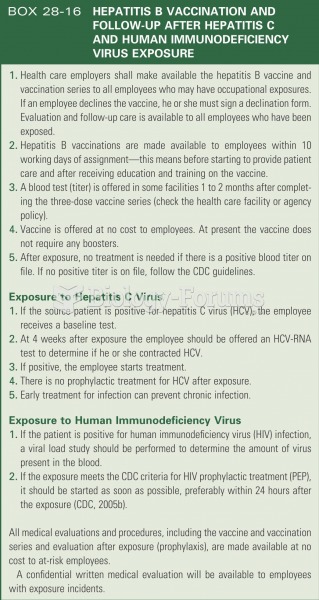|
|
|
A strange skin disease referred to as Morgellons has occurred in the southern United States and in California. Symptoms include slowly healing sores, joint pain, persistent fatigue, and a sensation of things crawling through the skin. Another symptom is strange-looking, threadlike extrusions coming out of the skin.
In most cases, kidneys can recover from almost complete loss of function, such as in acute kidney (renal) failure.
Malaria mortality rates are falling. Increased malaria prevention and control measures have greatly improved these rates. Since 2000, malaria mortality rates have fallen globally by 60% among all age groups, and by 65% among children under age 5.
Cucumber slices relieve headaches by tightening blood vessels, reducing blood flow to the area, and relieving pressure.
Once thought to have neurofibromatosis, Joseph Merrick (also known as "the elephant man") is now, in retrospect, thought by clinical experts to have had Proteus syndrome. This endocrine disease causes continued and abnormal growth of the bones, muscles, skin, and so on and can become completely debilitating with severe deformities occurring anywhere on the body.
 Checking the voltage drop between the TP sensor ground and a good engine ground with the ignition ...
Checking the voltage drop between the TP sensor ground and a good engine ground with the ignition ...
 Determining a good table height. Stand facing the table with your hands at your sides. Adjust the ...
Determining a good table height. Stand facing the table with your hands at your sides. Adjust the ...





